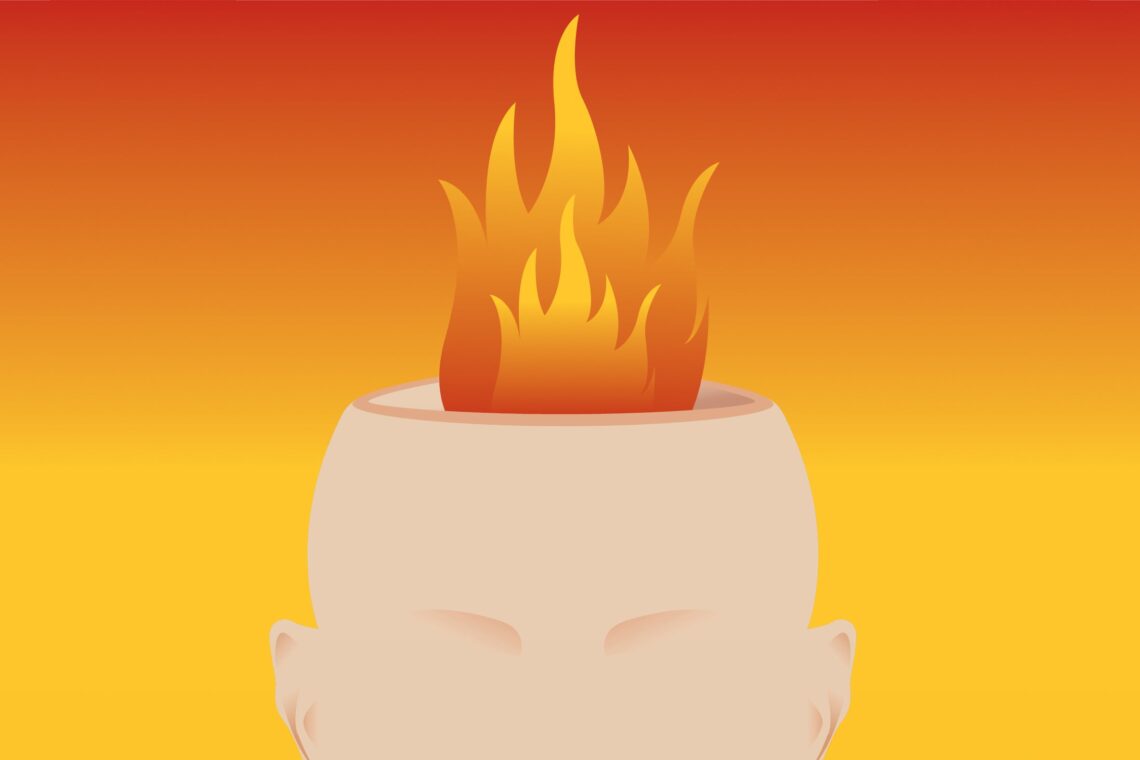You may be having a perfectly ordinary day when suddenly you see an upsetting news story and feel overwhelmed by fury. Or you’re trying to have a calm conversation about an important issue and abruptly find yourself crying. These moments can make people feel out of control, and the emotions involved can feel bad or uncomfortable in themselves.
That gives negative emotions a bad reputation: they’re often seen as dangerous or destructive. People try to avoid them, suppress them or ignore them. But research reveals that negative emotions are useful for people and important for a successful and satisfying life. Negative emotions are sets of organized responses that occur when something people care about is not going well, and, psychologists have found, those responses can help people improve their situation.
In a recent series of studies, my colleagues and I tested this idea for the case of anger. Past work had shown that people feel angry when they confront an obstacle or a challenge to goals—for instance, a computer that crashes repeatedly while a person is trying to complete a project. Sometimes the obstacle is another person, who might challenge progress through resistance or injustice, such as a boss who does not give a deserved pay raise. In these situations, people get mad. A host of changes occur across physiology, cognition and behavior when we’re angry: the emotion alters our body, our thinking and the actions we are likely to take.
On supporting science journalism
If you’re enjoying this article, consider supporting our award-winning journalism by subscribing. By purchasing a subscription you are helping to ensure the future of impactful stories about the discoveries and ideas shaping our world today.
We wondered: Could anger and its accompanying transformations help people do better in situations that involve obstacles or challenges?
We designed a series of experiments with more than 1,000 participants. In most of the scenarios we used, people first…
Read the full article here







